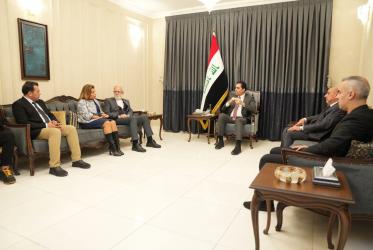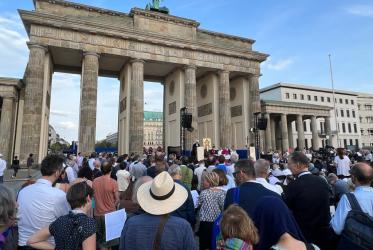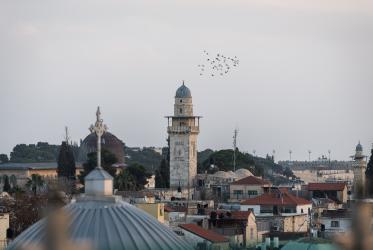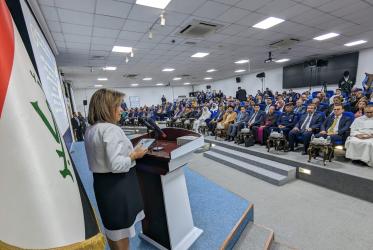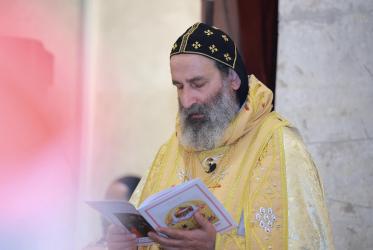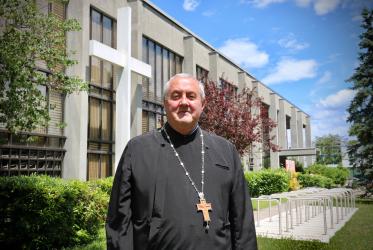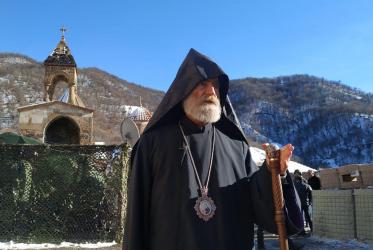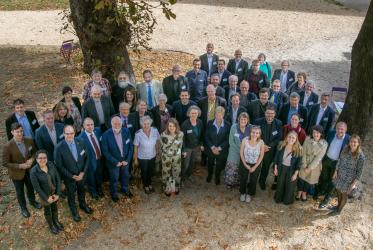Displaying 1 - 20 of 109
15 January 2024
WCC marks 75th commemoration of “Al-Nakba”
16 May 2023
WCC honoured with Geneva Engage Award
01 February 2022
WCC honored with Bridge Builder Award 2021
02 July 2021
WCC well-represented in Religions for Peace leadership
07 October 2019
Dr Saïd Ailabouni: God is on the side of rejected, oppressed, occupied
12 September 2019
